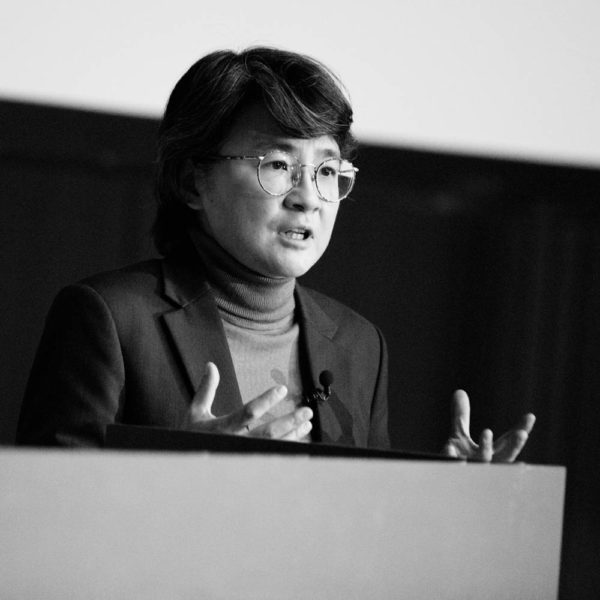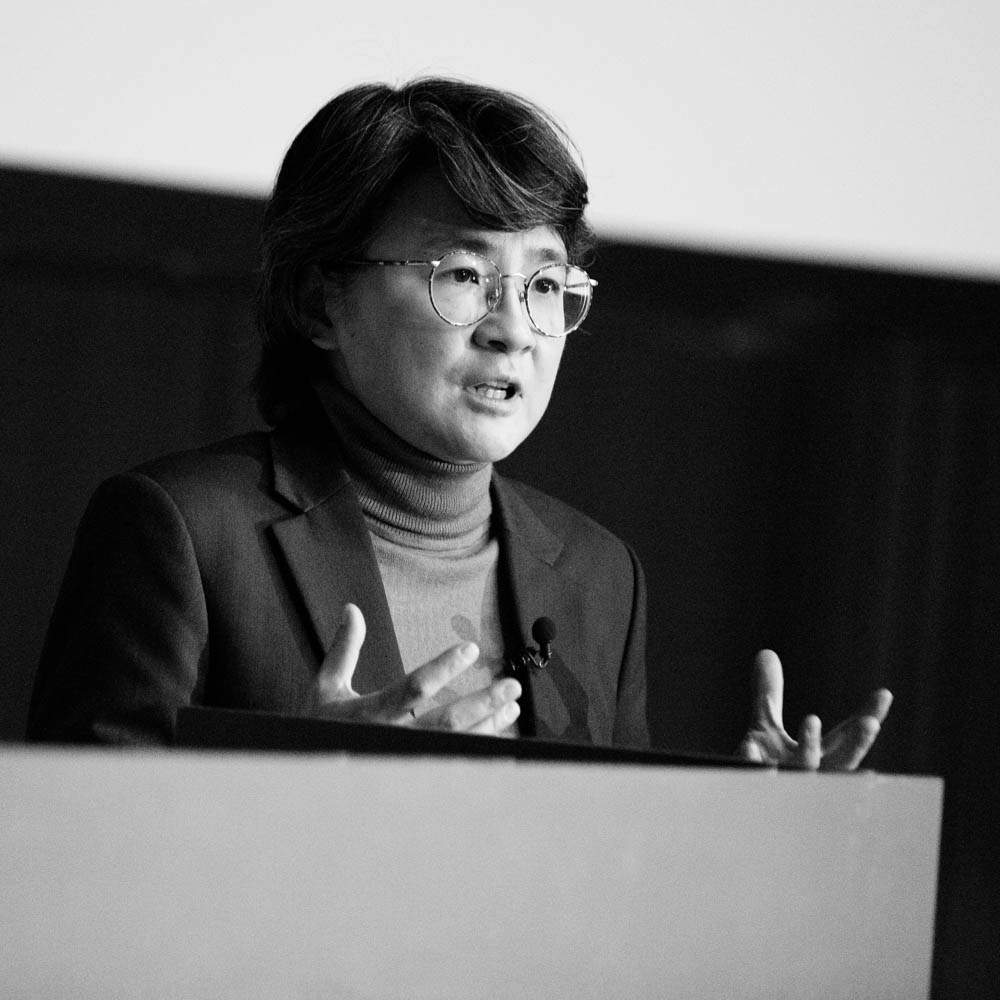The European Conference on the Social Sciences (ECSS) is a multidisciplinary conference held concurrently with The European Conference on Sustainability, Energy & the Environment (ECSEE). Keynote, Featured and Spotlight Speakers will provide a variety of perspectives from different academic and professional backgrounds. Registration for either of these conferences permits attendance in both.
This page provides information about presenters. For details of presentations and other programming, please visit the Programme page.
-
 David James CantorUniversity of London, Refugee Law Initiative, UK
David James CantorUniversity of London, Refugee Law Initiative, UK -
 Haruko SatohOsaka University, Japan
Haruko SatohOsaka University, Japan -
 Tom HoughtonCurtin University, Australia
Tom HoughtonCurtin University, Australia
Previous Speakers
View details of speakers at past ECSS conferences via the links below.



